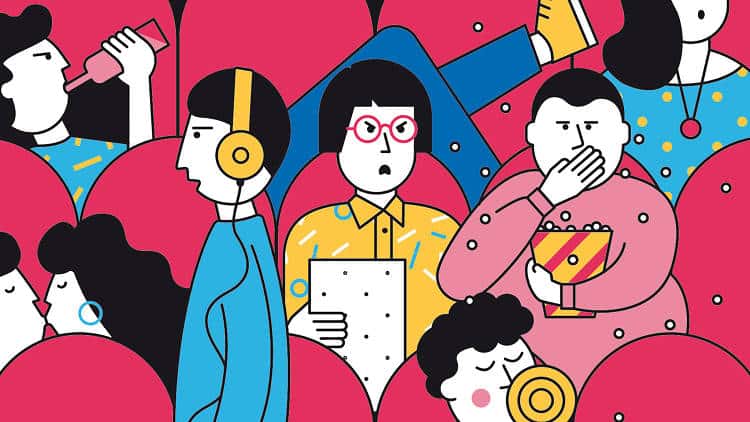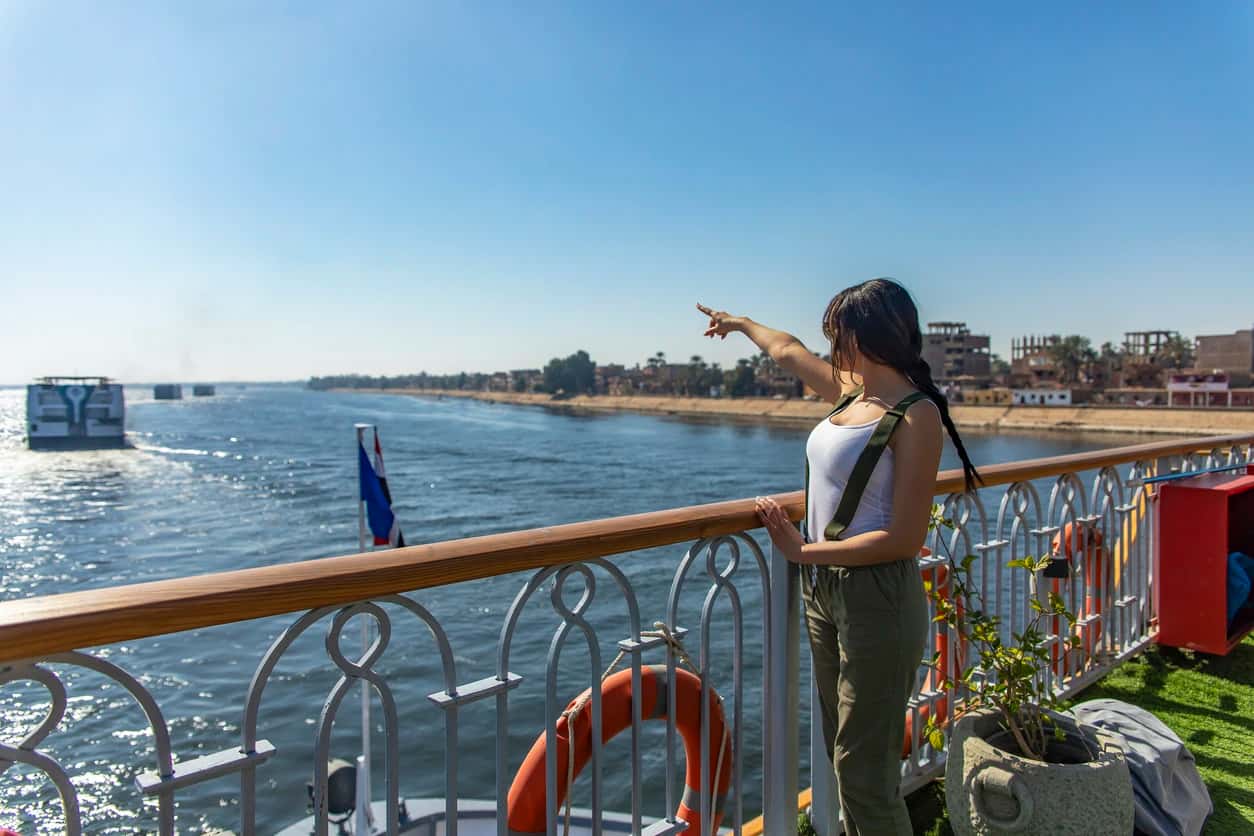

With the passage of the years as societies became more intertwined and cross-cultural exchanges became more frequent, understanding diverse cultures required appreciating our differences. It paves the way for a new society in which we can all thrive together.
One of the most efficient and enjoyable ways for us to learn from each other and about ourselves is to understand people from diverse backgrounds and cultures. Culture impacts our way of life, shaping our ideas and values as well as influencing our actions. We may embrace multiculturalism and reconsider old beliefs by cultivating a positive, tolerant, and culturally diverse society. The best way to embrace cultural differences is through learning about every country’s etiquette, the usual rule of courteous behavior in a society or among members of a specific trade or organization. Allow us to tell you a little about Egyptian culture.

Geography and Spaces
The narrow strip of rich land along the Nile River, which accounts for around 5% of the country's geographical area, is home to the vast bulk of Egypt’s inhabitants. As a result, most Egyptians have to deal with crowded situations on a regular basis. The two main regions of Egypt are Sa’id (South of river Nile) and the Delta (North of river Nile).
The southerners (Sa'id) are more conservative and religious. People from the north, especially those from the major cities, are often more liberal and receptive to a wider range of lifestyles. The presence of immigrants, refugees, and tourists contributes to the diversity in the main cities of Cairo and Alexandria. In general, the lifestyle trends in these locations mimic globalized urban culture. Furthermore, the United States' considerable economic and cultural influence may be evident in Egyptian art and literature. The tendency to embrace more collectivist or individualistic attitudes varies widely depending on one's social position and living situation. Individualistic tendencies are common among those who can afford larger homes. Those living in slums or rural areas, on the other hand, value community over individual privacy and private property.
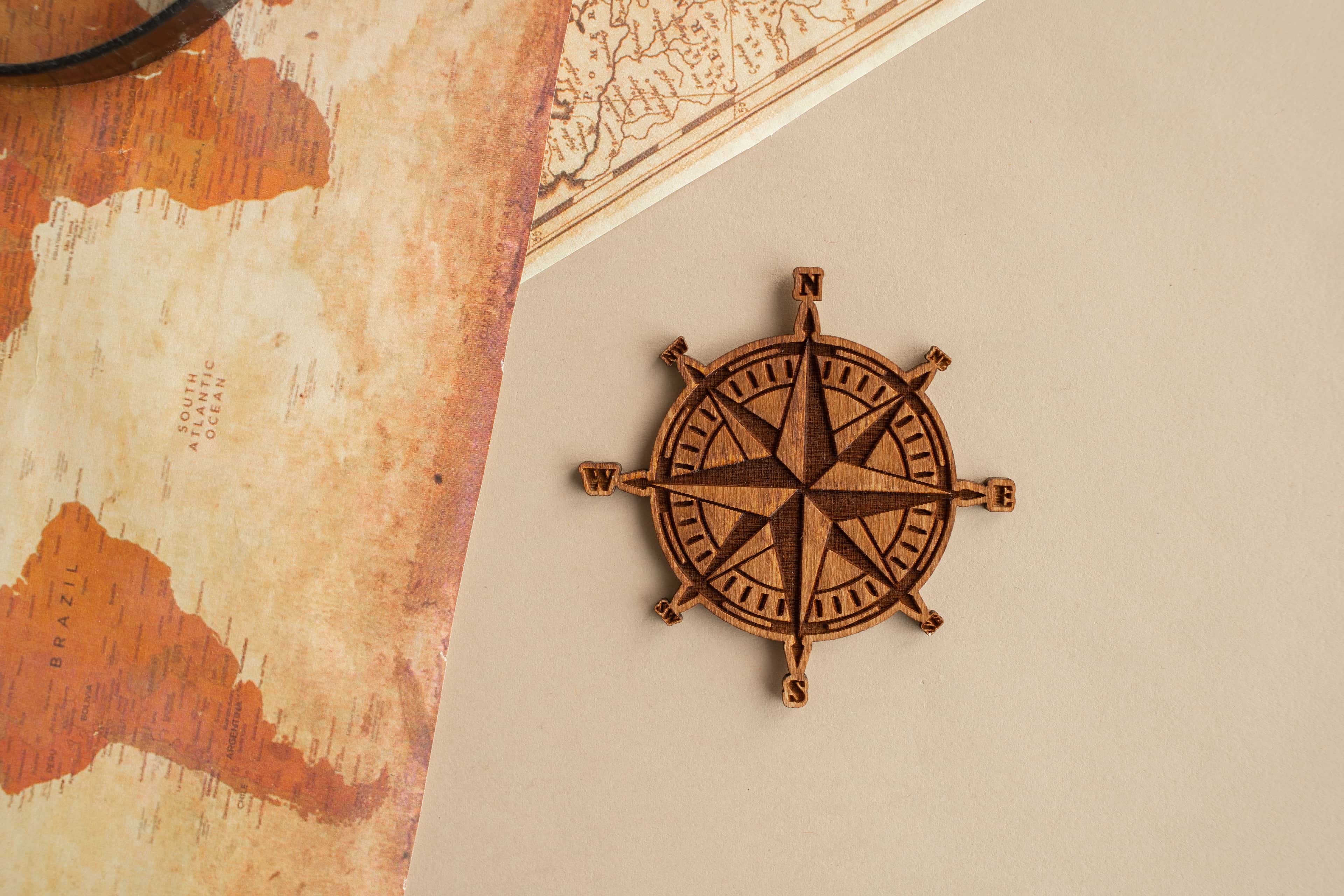
Greetings
'Salaam aleikum' (may peace be with you) is a popular greeting that should be responded to with 'waaleikum us salam' (may peace be with you as well). 'Sbaa' el Kher' (good morning) and 'Masaa' el Kher' (good morning) are more commonly used in specific locations (good evening). Egyptian greetings may be rather extensive, with individuals enquiring about their counterpart's health, family's well-being, and so on.
Men Greeting Men: When men meet for the first time, they usually exchange a brief handshake with their right hand. Friends and family members frequently kiss on both cheeks. This may be followed with an embrace and a back slap, with the right handshaking hands.
Women Greeting Women: A modest nod of acknowledgment or a light handshake with the right hand is usual when meeting for the first time. Friends and family members frequently kiss each other on both cheeks when shaking hands.
Greetings between Men and Women: In some cases, a handshake is allowed, but the lady must extend her hand first. A guy should bend his head as a symbol of acknowledgment if she does not do so. If they are really close, kissing on the cheek is allowed.
Unless specifically requested, first names are rarely used. The usage of titles (e.g., Mr., Mrs., Dr., etc.) together with one's first or surname, depending on the connection, is the most popular manner of address.
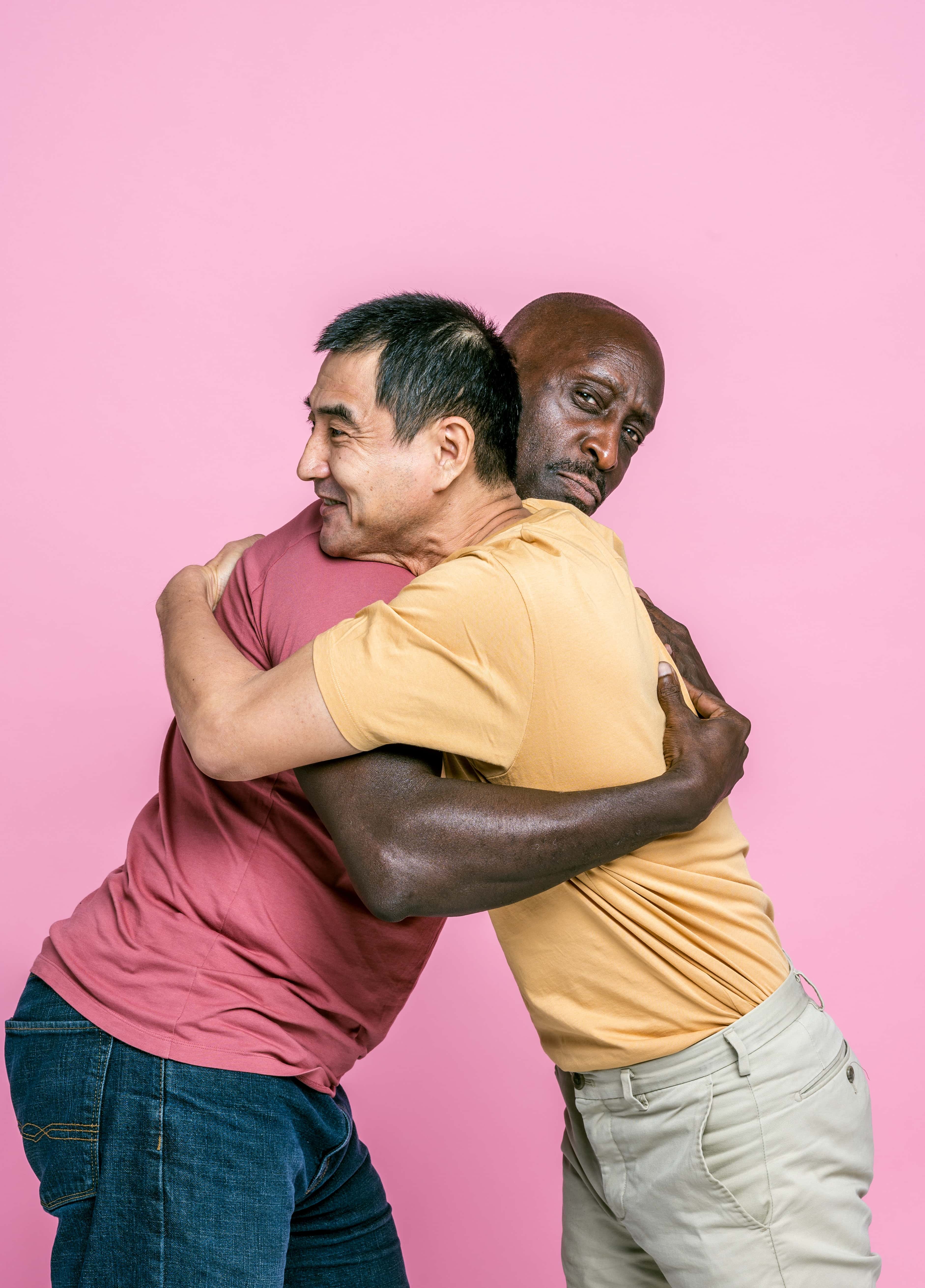
Eating
While eating, taking second helpings is thought to be a compliment. While having your meal It's best not to consume with your left hand, as it's usually for personal hygiene. When eating with one's hands, just the right hand is used. Food complements are expressed as a statement rather than a question. Questioning the cooking procedure (e.g., 'how was this made?') indicates that one is skeptical about the dish.
When it comes to alcohol it is rarely given, and it is rarely drank with food. If you know your Egyptian counterpart drinks alcohol, only offer it to them then
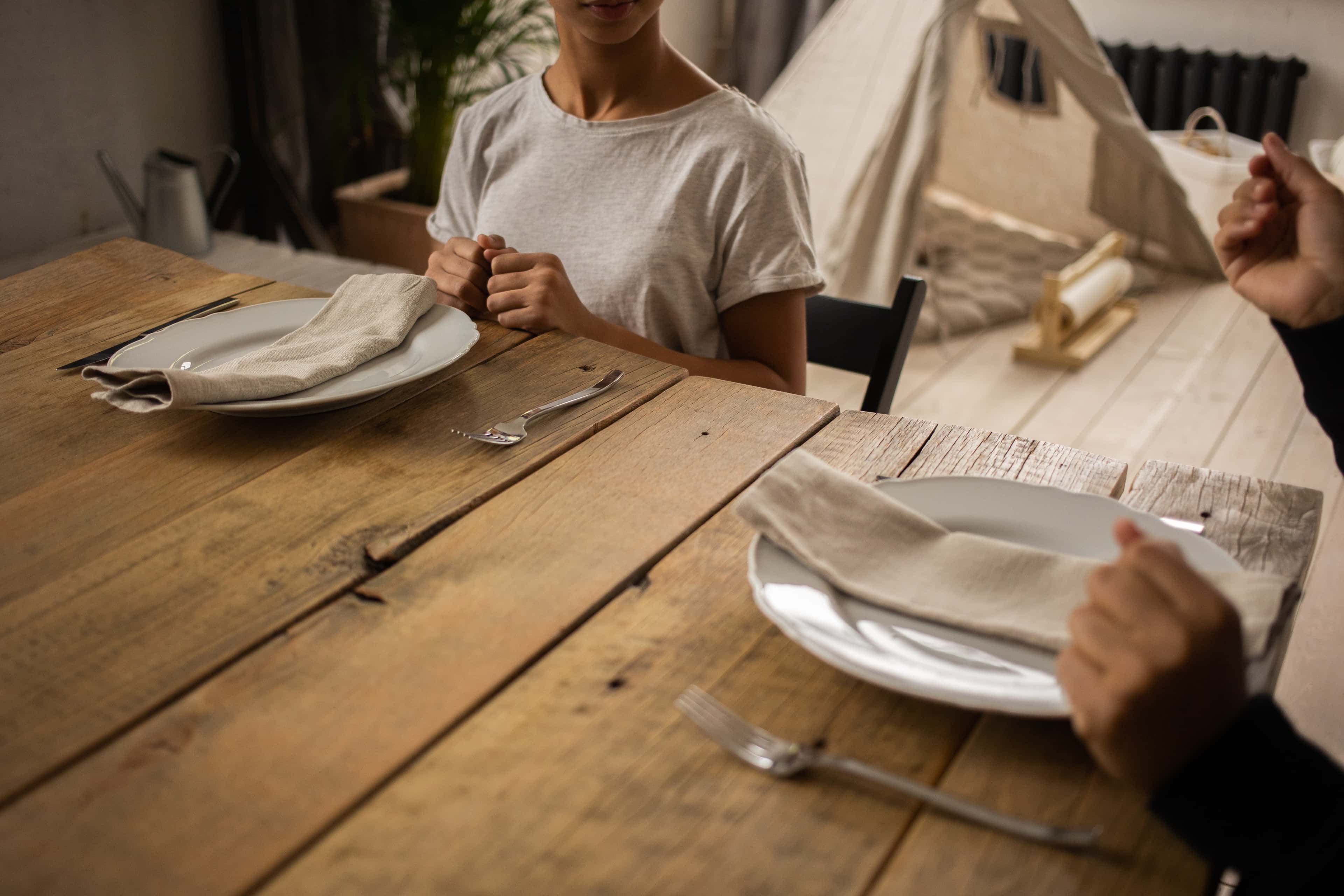
Gift Giving
Gifts are a kind gesture anywhere and are always appreciated. It's a kind gesture to give your Egyptian counterpart's kids a little present. Receiving gifts with both hands or the right hand is showing appreciation but they are rarely opened once received in some of the conservatively oriented areas of Egypt.

Basic Etiquette
In Egypt, greetings are frequently exchanged before any type of social encounter. A newcomer to a gathering, as simple as everyone greets everyone. It is forbidden to walk in front of someone who is praying or to talk to someone who is now praying if your counterpart is Muslim. Pointing the toe, heel, or any other portion of the foot at another person is considered highly disrespectful. It is also disrespectful to show the sole of one's shoe. Calling an older person has its boundaries in general, the younger defer to the older by showing respect, not confronting their elders, and addressing aunts, uncles, grandparents, and older non-relatives with unique linguistic words.
